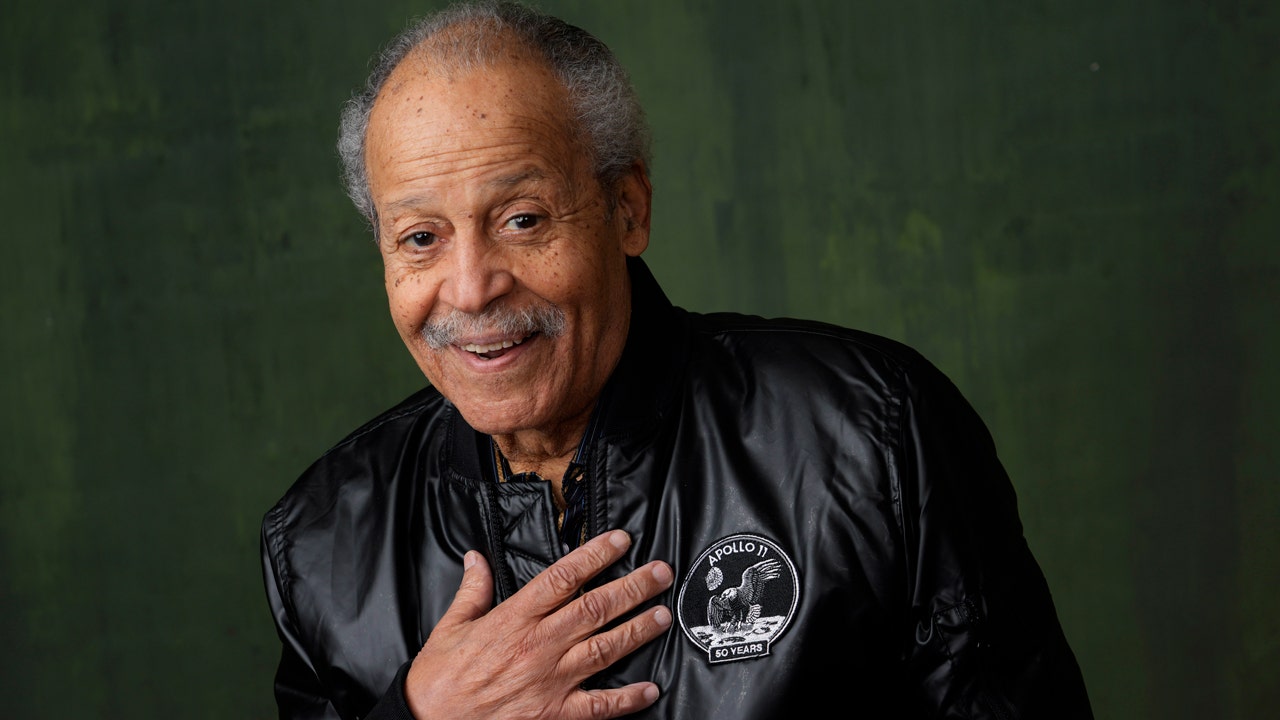“The perspective, the lens, the representation, the experience of a Black woman from California is badly needed.”
That’s what Representative Barbara Lee — a California Democrat vying for the Senate seat held for three decades by Dianne Feinstein — told a television reporter last month about why people should vote for her in the race.
On Sunday, before a rally that evening outside a production studio in Los Angeles owned by the former N.B.A. all-star Baron Davis, I asked Lee what she meant by that, since Black people are only about 7 percent of the population of the state.
She replied in a way that was both shrewd and true to her career in politics: “I’ve taken everything I know about what it means to be Black in America or brown in America or low-income in America or a woman in America and tried to turn it into policies.”
On paper, Lee strikes me as the perfect candidate. She has a decades-long record of standing up for progressive policies, she is a woman of color at a time when women of color are central to the success of the Democratic Party and she is a capable politician who has never lost an election.
But polls show her in fourth place going into Tuesday’s primary. Under California’s open primary rules, the top two finishers will advance to the general election, regardless of party.
One of the keys to political success is timing — it’s about that magical moment when a candidate’s experience and talents align with the ever-shifting appetite of the electorate. I can’t help but think that the best time for Lee would have been four or five years ago, but of course this Senate seat wasn’t open then. Around that time, Black Lives Matter was at its peak and the challenges facing Black Americans were top of mind across the electorate.
In 2018, London Breed won a special election to become mayor of San Francisco, the first Black woman to do so, and LaToya Cantrell was inaugurated as New Orleans’s first woman mayor. In 2020, the Black progressives Cori Bush and Jamaal Bowman were elected to Congress. As a presidential candidate, Joe Biden pledged to put a Black woman on the Supreme Court — a pledge he made good on when he nominated Ketanji Brown Jackson — and chose Kamala Harris, who of course became the first Black, Asian American woman vice president, as his running mate.
Back in 2019, Lee boasted that her Bay Area district was “the wokest district in the nation.” But, she told me, “I don’t say it that much now, knowing how the Republicans have weaponized it.”
At this point five years ago, Representative Adam Schiff, the Los Angeles Democrat expected to come in first in Tuesday’s race, wasn’t yet a household name for chairing the House hearings in which the special counsel Robert Mueller was questioned about his famous report and later managing Donald Trump’s first impeachment trial in the Senate.
Those roles made Schiff Trump’s nemesis, which in turn made him a Democratic hero and a fixture on cable news.
Back then, Representative Katie Porter, another Southern California Democrat who is expected to finish ahead of Lee on Tuesday, was just starting her congressional career and hadn’t yet become a cult hero for lecturing congressional witnesses while tapping on her whiteboard.
A few years ago, the war at the forefront of Americans’ minds was very likely the war in Afghanistan, the war that Lee was the only member of Congress to vote against in 2001 — an act of true political courage.
Back then, Lee might have had an easier time raising money for her Senate race, but this cycle she has struggled. As Lee sees it, race is a factor: “We can’t raise money like white candidates can.” In February, she told New York magazine’s Rebecca Traister that several supporters have said to her, “Barbara, we love you, but Adam Schiff just looks like a senator.”
Our country has had around 2,000 senators. Of those, only 60 have been women, only 12 have been Black and only three have been Black women, including Laphonza Butler, the caretaker appointed by Gov. Gavin Newsom after Feinstein died in September.
This cycle, early turnout has been low, particularly among younger voters and voters of color whose support Lee needs to be competitive, and whom Lee believes are disenchanted with the entire political structure.
On Monday around midday, when I accompanied Lee to a voting center in the San Fernando Valley, just blocks from where she attended high school, a poll worker told me that only four or five people had been in to vote that morning — there were more people working at the voting center than there had been voters, seeming to confirm that turnout won’t favor Lee.
Lee is a true progressive and has been for decades, long before calling oneself a progressive was the dernier cri. She has fought for the working class, racial minorities and the L.G.B.T.Q. community — and she has consistently staked out a humanist position on foreign policy, not only opposing, more than two decades ago, a war that lasted two decades, but also now calling for an unconditional cease-fire in the Israel-Hamas war, unlike her opponents in the race.
It’s tragic that someone with those bona fides is languishing in the polls because the donor base and the voter base of the moment seem to be misaligned for her success.






